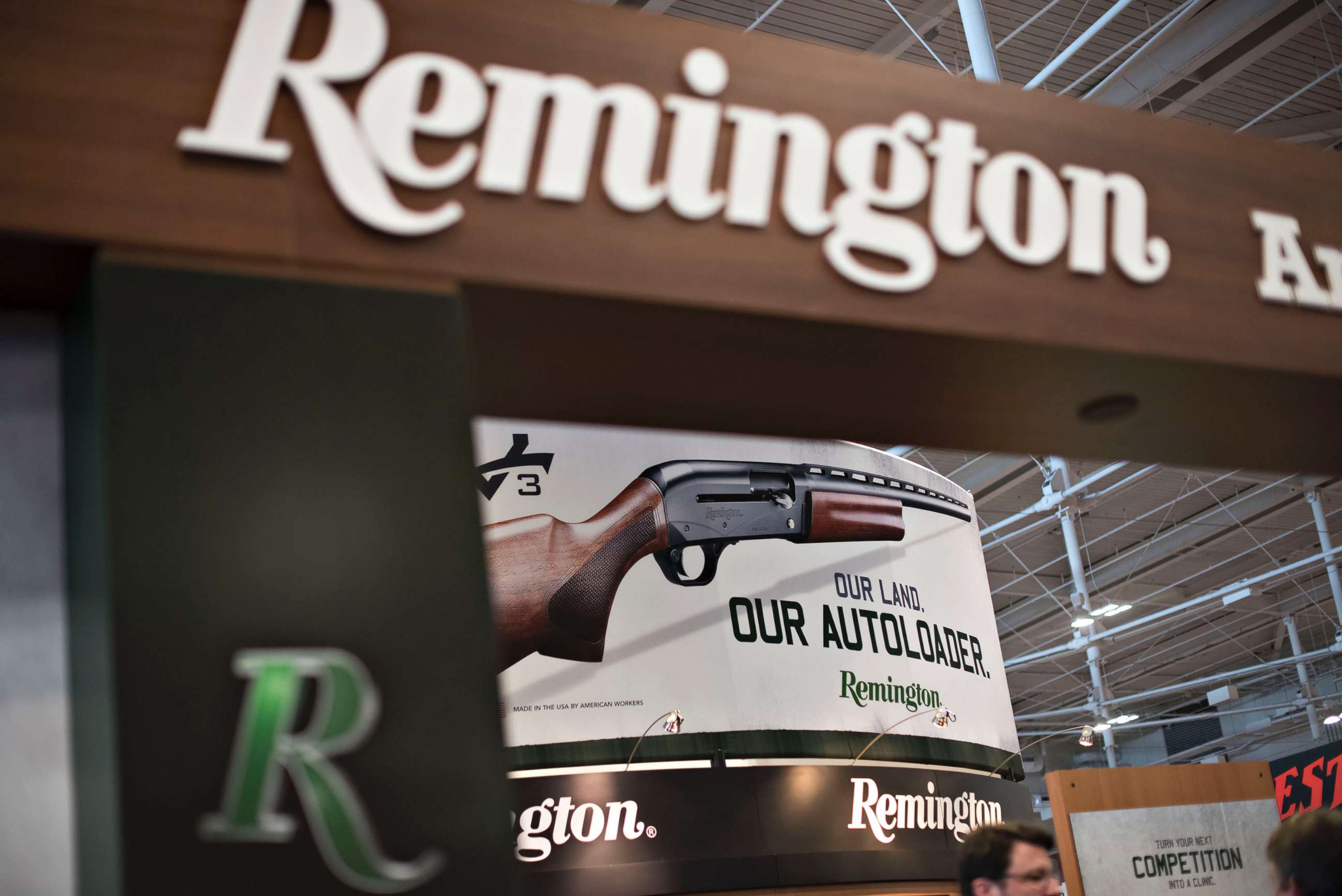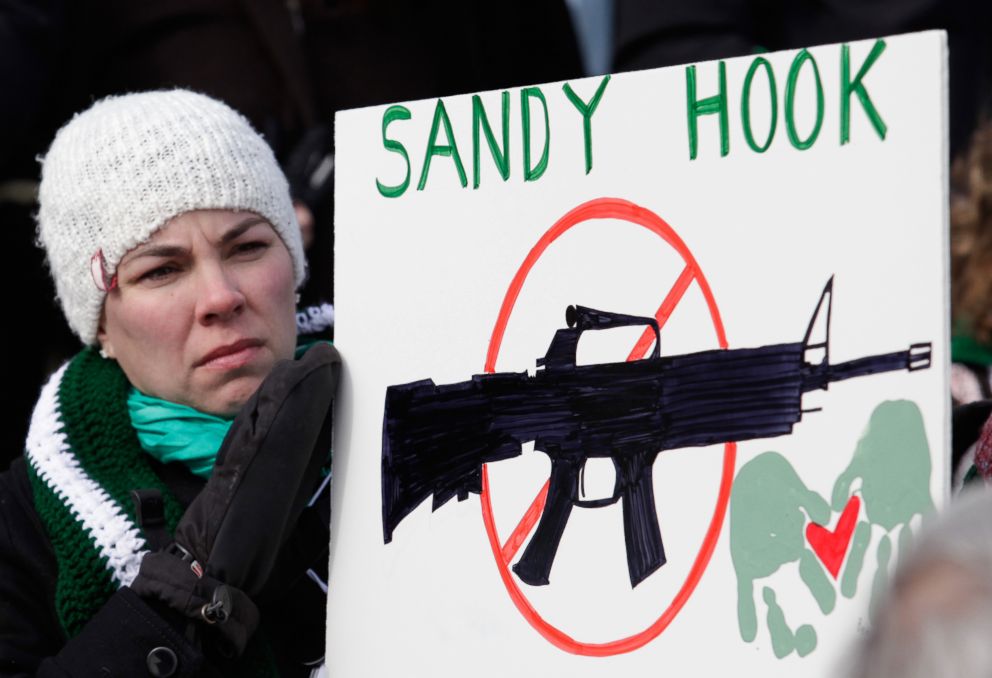Remington gun company files for bankruptcy protection
The Remington gun manufacturing company has filed for bankruptcy protection.
The Remington Outdoor Company, the nation's oldest and best-known gunmaker, filed for Chapter 11 bankruptcy protection on Sunday, citing slumping firearm sales and massive debt.
The North Carolina-based company filed documents in U.S. Bankruptcy Court in Delaware outlining its plan to stay in business while restructuring its debt.

Earlier this year, Remington released a statement saying it had come up with a restructuring plan to reduce its debt by $700 million while injecting $145 million of new capital into its subsidiaries.
"We have designed a new and enabling capital structure. We will be positioned to grow our business, continue to innovate and introduce new products, to expand our partnership with new and existing customers, and to capture opportunities in new markets," Anthony Acitelli, Remington's chief executive officer, said in a statement released Monday.
"We are confident that we will continue our long-held leadership position in the sporting goods industry and that we will persevere to remain in the company of the most venerated, respected, and admired brands and companies in the United States.”
Just one day after Remington announced in February that it planned to file for bankruptcy protection, a gunman stormed Marjory Stoneman Douglas High School in Parkland, Florida, with an AR-15 assault rifle and killed 17 people. The massacre sparked a student grass roots movement to bolster gun laws across the country.
Experts say the changing winds in Washington, D.C., specifically the election of President Donald Trump, has dramatically reduced the demand of guns and have hurt the bottom line for manufacturers like the Remington Outdoor Company.
Robert Spitzer, chairman of the political science department at the State University of New York at Cortland, said gun sales spiked during the 2016 presidential campaign because buyers feared Hillary Clinton would win and continue to strengthen gun regulations put in place by the Obama administration.
"We have seen the rise of 'political sales,' that is when people go out and purchase guns to make a political statement," Spitzer told ABC News. "Donald Trump was the 'great friend' of the National Rifle Association (NRA). They endorsed him early, then he wins and so the political incentive is gone. There's no looming threat of the national government imposing restrictions or taking guns away."

At the NRA annual meeting in April 2017, Trump told attendees, "You came through big for me, and I am going to come through for you. The eight-year assault on your Second Amendment freedoms has come to a crashing end."
Since the mass shooting in Parkland, Trump and Congress have come under increasing pressure to get tough on guns. The president initially appeared to back a proposal that increases the minimum age to 21 years old for purchasing assault weapons, but has since said he would leave the decision to states. Trump's plan also leaves the question of arming teachers to states and local communities.
FBI statistics show firearm background checks spiked in the last months of the 2016 presidential campaign rising from 1.87 million in May, when Trump was trailing Clinton, to 2.56 million in November, the month Trump was elected. Following the election, firearm background checks sank to 1.74 million by July 2017.
"I think Remington's decline is, in part, a reflection of the 'Trump slump,'" Adam Winkler, a professor of law at the University of California, Los Angeles (UCLA) and author of the book "Gunfight: The Battle over the Right to Bear Arms in America," told ABC News.
But Winkler said Remington's financial woes are also tied to a class-action lawsuit over defective parts in the company's most popular firearms, including its iconic Model 700 rifle. As part of a settlement approved in March 2017, Remington agreed to replace the triggers for free in more than 7.5 million guns.
Remington's reputation also took a hit when the loved ones of those killed in the 2012 Sandy Hook, Connecticut, school massacre, filed a class action suit charging the company's marketing of its Bushmaster AR-15 assault rifle, the firearm used by the killer, was responsible for the shooting. A judge threw out the suit in October 2016, ruling the company had immunity under a law passed in 2005, but the Connecticut Supreme Court is considering an appeal by the families.
"The long-term debt that they [Remington] was struggling with made the downturn in sales that much more worse for them," Winkler said.




